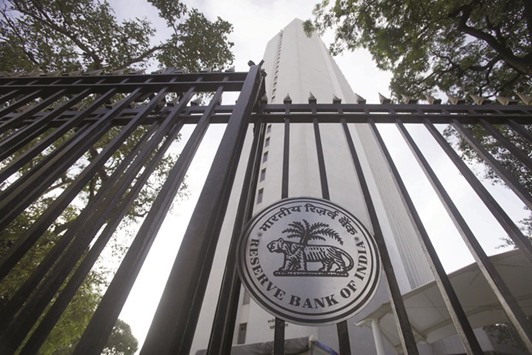India’s central bank unveiled new measures to boost trading and depth in the $72bn market for local-currency corporate debt, including considering use of the securities for its daily liquidity support to the banking system.
The Reserve Bank of India also said lenders can boost support for a debt issue to 50% from 20%, helping enhance the credit rating of the securities. On the currency side, the central bank said entities with foreign-exchange risk can now use over-the-counter or exchange-based instruments to hedge their exposure up to a limit of $30mn.
The measures are part of a larger parcel of reforms aimed at deepening India’s corporate debt market that is dominated by companies with the highest levels of credit rating. Other borrowers are forced to seek financing mostly through high-cost loans from banks. Companies have raised Rs2.7tn ($40bn) of local-currency-denominated bonds so far this year, after borrowing a record Rs4.85tn in 2015.
“Market participants will take more exposure in corporate bonds because these notes will be accepted as collateral under liquidity operations,” said Shashi Kant Rathi, head of investments and capital markets at Axis Bank, the top arranger for rupee bonds since 2008. “It will also reduce the borrowing costs for companies as investors can use these notes to get liquidity when needed.”
Urjit Patel, who succeeds RBI governor Raghuram Rajan next month will need to continue his predecessor’s efforts to improve monetary policy transmission, which includes getting banks to pass on the benefits of previous interest-rate reductions. An increase in the so-called partial credit enhancement will expand infrastructure- and project-related financing through bonds, said Rathi, who expects companies to raise close to Rs5tn from the market this year.
The central bank said it has begun the process of making necessary amendments to the RBI Act to make corporate bond eligible for its liquidity operations with banks. The additional measures announced by the regulator included: Allowing banks to issue rupee-denominated securities overseas to meet Basel 3 capital requirements, finance infrastructure and affordable housing. Brokers authorised as market makers will now also be allowed to participate in the corporate-bond repurchase-agreement market. Foreign portfolio investors allowed to trade on the order-matching negotiated dealing system and to trade directly in corporate bonds. Central bank will work with the market regulator to introduce electronic dealing platform for repo in corporate bonds.

The Reserve Bank of India headquarters in Mumbai. The RBI yesterday unveiled new measures to boost trading and depth in the market for local-currency corporate debt, including considering use of the securities for its daily liquidity support to the banking system.
